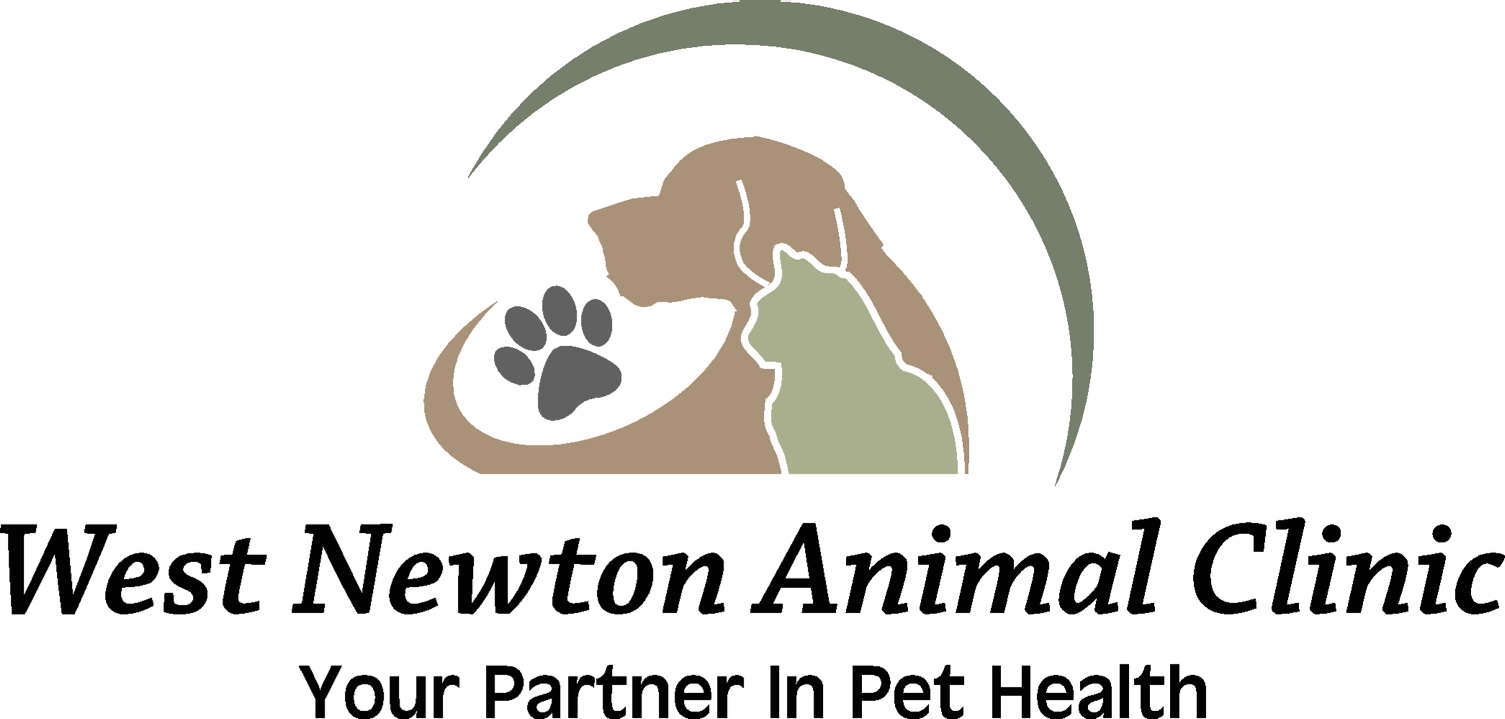Library
-
Nystatin, neomycin sulfate, thiostrepton, and triamcinolone topical/otic (brand names Animax®, Dermalog®, Panalog®, Quadritop®) is a combination antimicrobial (neomycin, thiostrepton), antifungal (nystatin), and steroid (triamcinolone) medication used to treat infections and inflammation of the skin, ears, and anal glands in cats and dogs. It may be used “off label” or “extra label” in other animals or conditions. This medication comes in ointment form.
-
Nystatin is an antifungal, given by mouth in the form of a tablet or liquid suspension, and used off label to treat Candida fungal infections in dogs, cats, birds, and reptiles. Side effects are rare, but at high doses, it could cause stomach upset or mouth irritation. It should not be used in pets that are allergic to it.
-
Obesity in Dogs
Todos somos conscientes de los problemas que causa la obesidad en las personas, entre los que destacan alteraciones cardiacas, articulares o respiratorias. Lo que no es tan conocido es que los mimos problemas pueden afectar a nuestras mascotas si sufren de sobrepeso, por eso hay que asegurarse de que pierdan peso en caso necesario.
-
In North America, obesity is the most common preventable disease in dogs. Almost 60% of domestic dogs are overweight. Scientific evidence now shows that fat tissue is not benign; it actively secretes inflammatory hormones and creates oxidative stress, both of which contribute to increased risks for several diseases, as well as a decreased quality of life. Treating obesity as a chronic, inflammatory condition means regular veterinary assessments and strict attention to portion control.
-
If your dog has a complicated condition or is not getting well, you may want to seek a specialist referral or a second opinion. Your veterinarian will likely help you get this set up as they want what is best for your pet. You will likely need to travel in many situations for a specialty referral.
-
Oclacitinib is given by mouth and is used to treat allergic dermatitis in dogs and has also been used off-label to treat other types of skin conditions. Give as directed. Side effects are uncommon but may include stomach upset such as vomiting, diarrhea, or decreased appetite. Do not use in pets with severe infections or in pets younger than 12 months old. If a negative reaction occurs, please call the veterinary office.
-
Ocular lubricants (brand names OptixCare® Eye Lube Plus, Remend® Eye Lubricating Drops, I-Drop® Vet Plus Lubricant/Gel) are tear replacement agents used to add moisture to the eyes in cats, dogs, and exotic companion animals. Ocular lubricants come in gel and liquid drop forms.
-
Obesity in Cats
Los problemas dentales son probablemente tan frecuentes en los perros como en las personas y posiblemente igual de dolorosos. Sin embargo, los perros no tienen la misma capacidad que nosotros para manifestar sus molestias y hasta hace relativamente poco muchos de los problemas dentales de nuestras mascotas pasaban desapercibidos.
-
Although some dogs like to run free more than others, all dogs need to be trained so they will respond when they are off leash. Dogs instinctively want to explore new sights, sounds, and smells so it's important to teach them to return to home base. Start by teaching your dog basic verbal commands without the tug of a leash at home. When your dog becomes proficient close to home or in confined areas, you can both venture out further or add more distractions. Incorporating off-leash training into ordinary daily activities reinforces the learning. Your dog's response may be enhanced if he receives a reward for his prompt attention. The reward can be as simple as a “Good dog!” accompanied by a pat on the head, a treat, or toy. Be careful not to create a dependency on treats as motivation for good behavior.
-
Ofloxacin ophthalmic is an antimicrobial medication used to treat certain types of eye infections in cats, dogs, and exotic species. It may be used “off label” or “extra label” to treat other eye conditions. Ofloxacin ophthalmic comes in liquid drop form.

